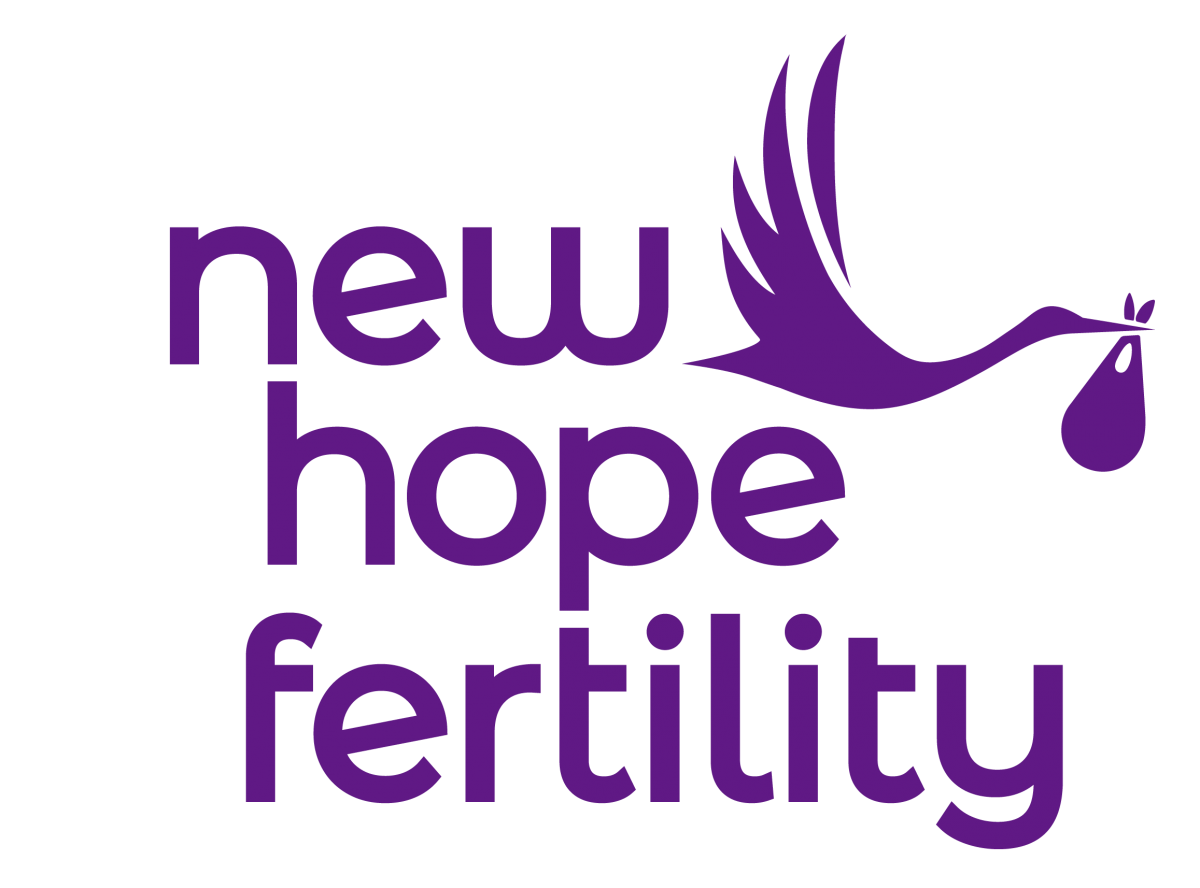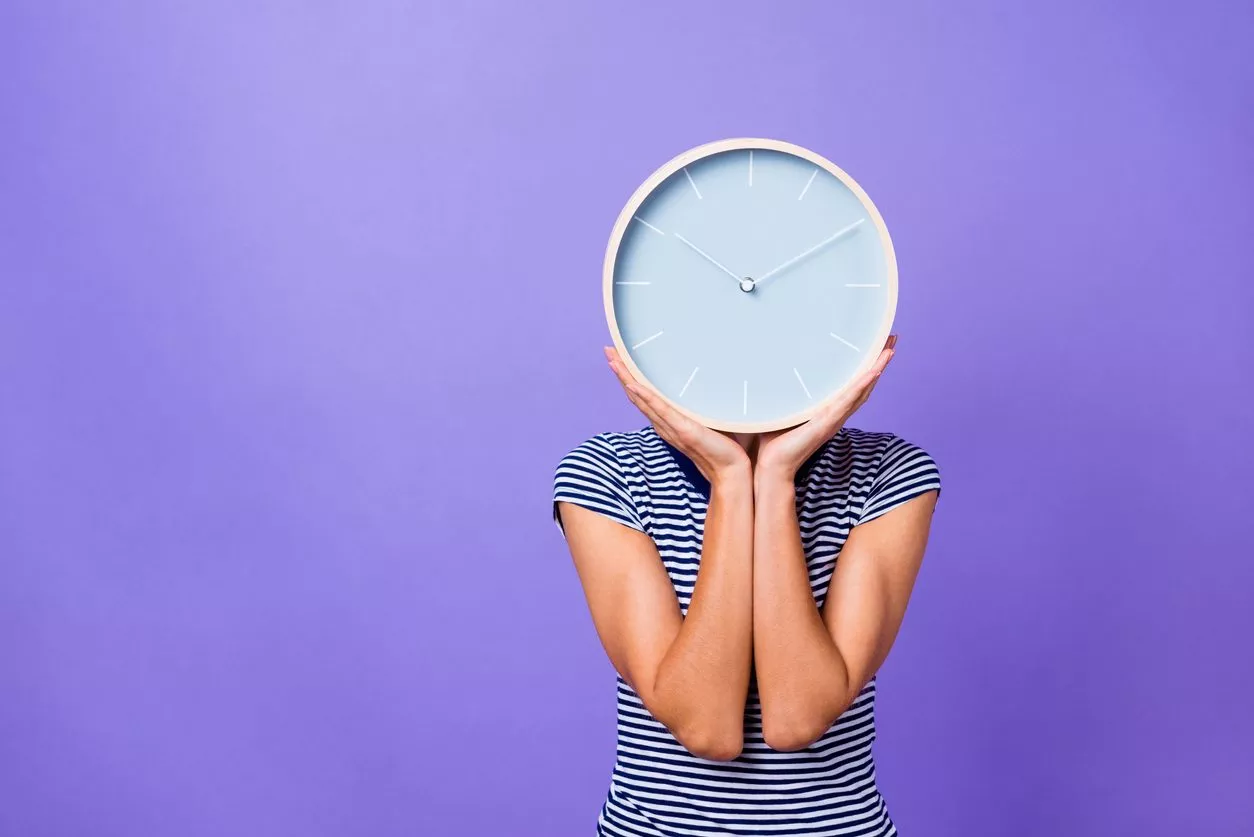Egg freezing has been around for many years but didn’t become a common form of fertility preservation in the United States until a little over a decade ago!
When it came to understanding egg freezing as a form of fertility preservation, many potential patients wanted to know how many eggs they needed to freeze to be successful. In the early days, fertility doctors weren’t sure what number to actually give patients as preliminary data on success rates for elected egg freezing were still too new. Because of this, the safest answer for patients was something along the lines of “as many as possible.” The consensus was that women give themselves the best chance of getting pregnant the larger their stash of young, more fertile, eggs is.
IVF attrition rates and Egg Freezing
IVF attrition rates play a large role in the number of eggs needed to see success. An embryologist might thaw 10 eggs at a time, but generally, only 80% might survive. This percentage will continue to lower as each stage of the IVF lab/transfer process happens. For each embryo transfer procedure of one to three embryos, depending on a patient’s age and egg quality, she has a 30 to 50 percent chance of becoming pregnant.
Fertility doctors have found the sweet spot regarding the number of eggs to put away. For women under 35, saving 20 eggs gives a woman an 85 percent cumulative chance of bringing home one baby. It’s an 80 percent chance for women ages 35 to 37.
How many eggs should I freeze for my age?
What if I don’t get enough mature eggs?
Why New Hope?
New Hope Fertility Center is home to world-renowned fertility specialists. We custom-design fertility treatments for the individual to increase the chances of a successful pregnancy. Our specialists believe in putting the patient first and being with them through every step of the fertility journey. Our team is well-versed in helping women of all ages reach their fertility goals and we are passionate about educating, and supporting our patients throughout their journey. If you want compassionate fertility care, New Hope is the right place for you. Call us at (347) 970-8479 or schedule your initial consultation today!

